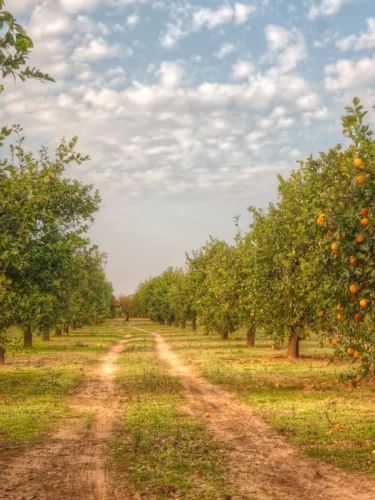In 2020 we started to record the annual measurement of our CO₂eq footprint, compared to 2018. For this purpose, we use the Life Cycle Assessment analysis, in compliance with ISO 14040 and 14044 standards. This approach enables us to assess emissions throughout the entire lifecycle of our products – from raw materials to post consumption – and the results are ratified by a third entity, to guarantee transparency and reliability. Thanks to the LCA, we can identify the areas in which to intervene most effectively: manufacturing process, packaging, and transport. This constitutes the groundwork for all our projects aimed at a step-by-step reduction of our environmental impact.
In addition, most of S.Pellegrino Mineral Water formats have obtained the Carbon Trust certification* for measuring and reducing the intensity of their emissions (g CO₂eq per litre).
Discover the Carbon Trust–certified formats.
*Carbon Trust is one of the most internationally accredited and rigorous independent companies in the calculation of carbon footprints. For over twenty years, it has supported companies and public institutions to effectively measure, verify, and reduce their emissions, with the aim of accelerating the transition to a low-impact economy.
Would you like to know more?
Get full details in the Sustainability Report, the document recounting the Sanpellegrino Group’s commitment, the projects developed so far, and the results achieved, in the chapters titled Environment and Brands.

